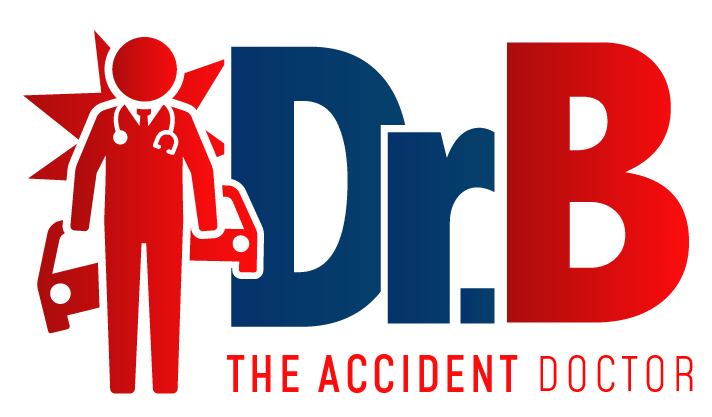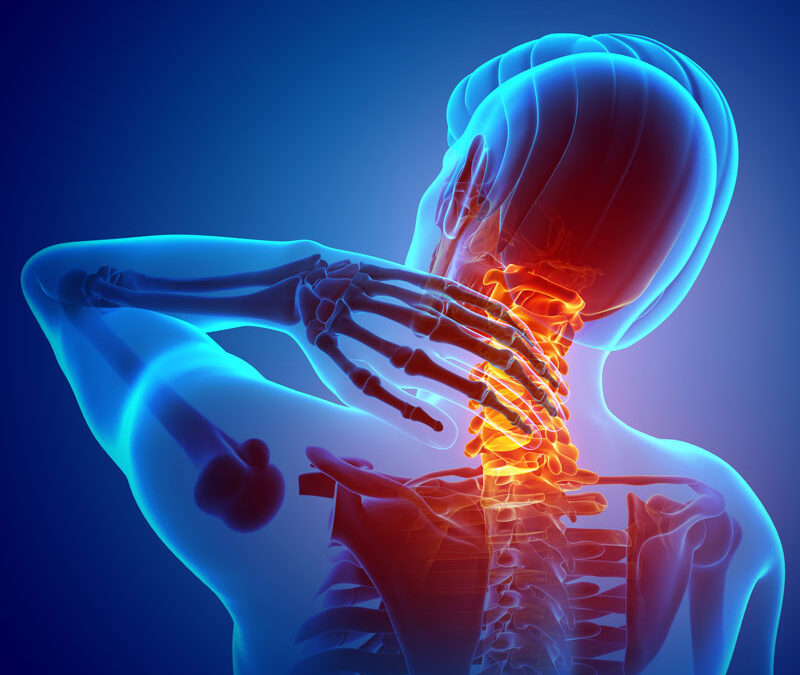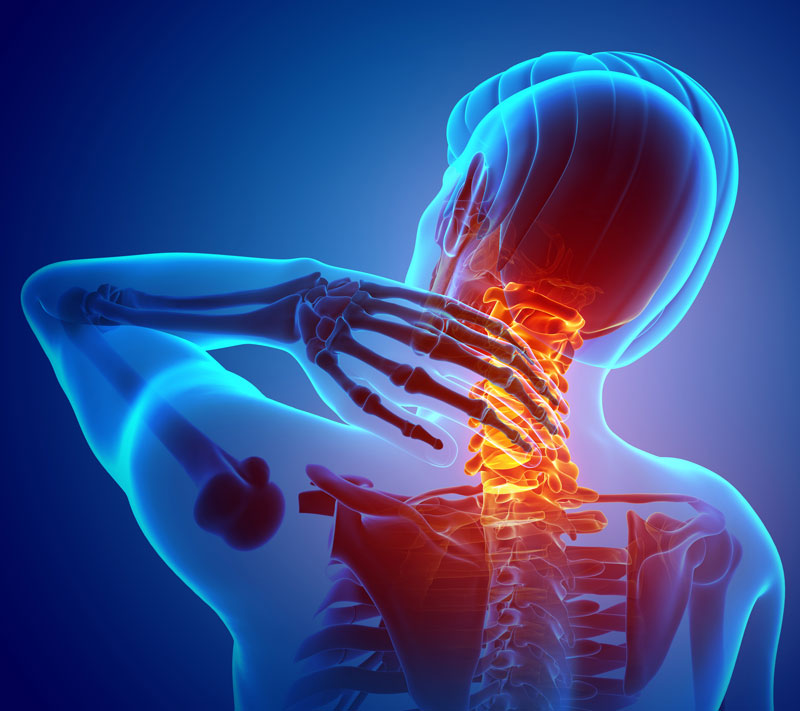Interventional Pain Management: The Facts
Car accidents can cause a lot of specific injuries that leave you in pain. Back and neck pain after an auto accident are common, but you can suffer from pain in any part of the body due to how the force of the accident plays out on your body.
Interventional pain management is an alternative way to manage pain after an auto accident. Instead of a narcotic pain prescription, interventional pain management specialists zero in on the anatomic structures that are causing the pain. Treatment often involves specific, minimally invasive procedures that get to the root of your pain to get you back to your healthy self.
While pain medication, such as opiates, can dull the sensation of pain, they come with a host of problems that can be life-altering. Short-term side effects can include drowsiness, nausea, respiratory depression, lethargy and paranoia. However, if taken long-term, they can lead to even more distressing side effects, including constipation, abdominal distention or bloating, liver damage, brain damage and the development of tolerance, which can lead to dependence and addiction.
Why Interventional Pain Management Works
An interventional pain specialist has in-depth knowledge about the physiology of pain, as well as experience in understanding how to locate its source. Subsequently, they are able to treat the pain, at its roots, instead of simply casting a medication-based tent over the whole body and hoping it helps a patient deal with pain.
Instead of going the medication route, interventional pain management addresses the cause of your pain. Your specialist will evaluate your injury — not only the resulting damage, but exactly what you were doing when the injury occured. This will provide a better picture for your doctor and allow her to treat your injury from its source.
Interventional Pain Management Treatment
There are several different types of treatments that encompass interventional pain management, some of which can be very helpful for diagnosing pain generators within the spine, for example. These treatment options can include:
-
- Epidural steroid injections (ESI)
- Nerve blocks
- Diagnostic injections, which can pinpoint the exact level of pain
- Radiofrequency ablation (RFA)
- Disc decompressions
- Endoscopic discectomy
- Intraarticular joint injections
You Don’t Have to Live With Pain
After an auto accident, pain from your injuries may seem inevitable and something you simply have to learn to live with. With a careful examination, an attentive specialist and a customized treatment plan, we can work with you to relieve your pain and get you back on your feet.






